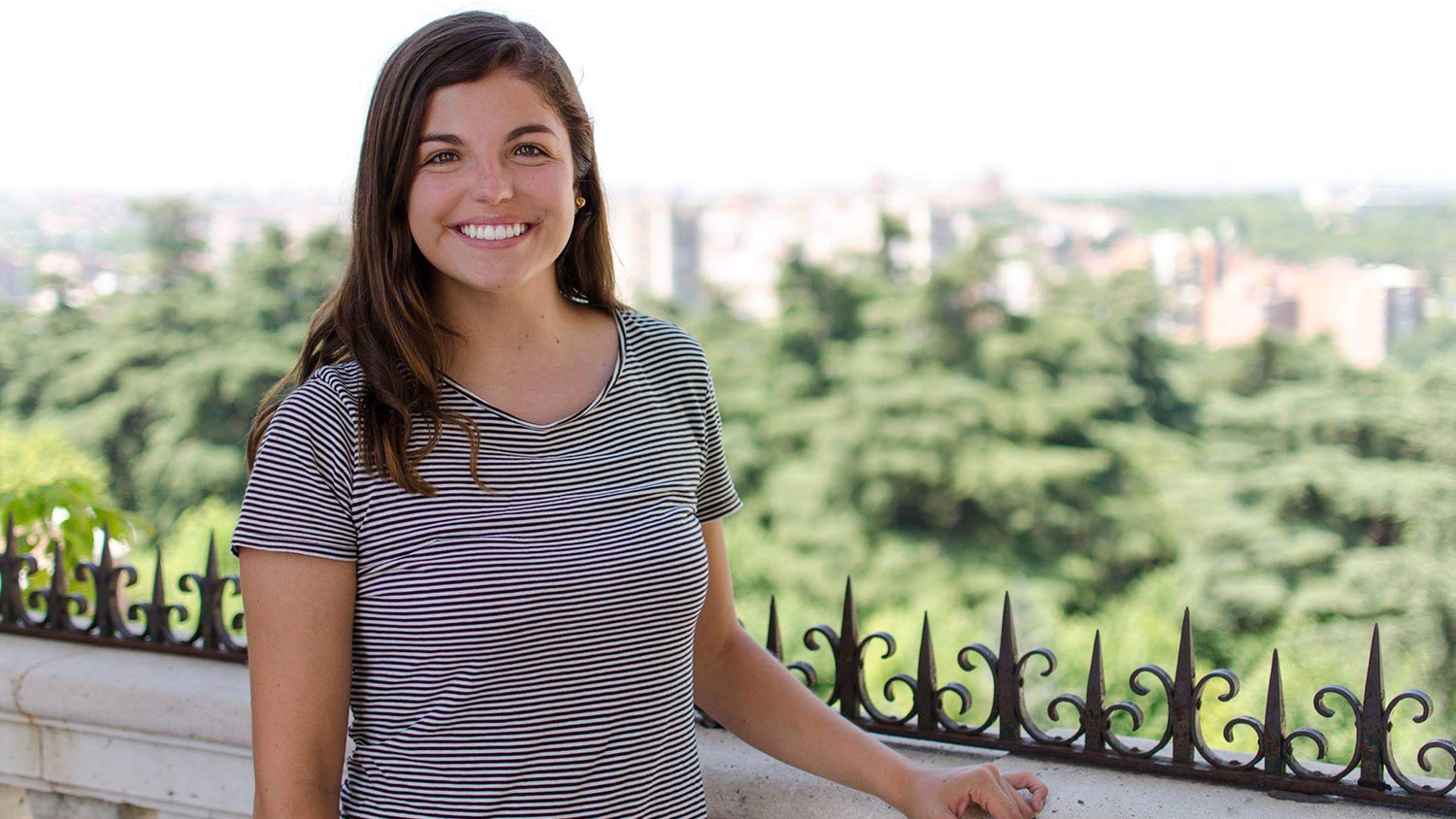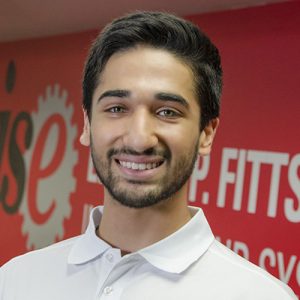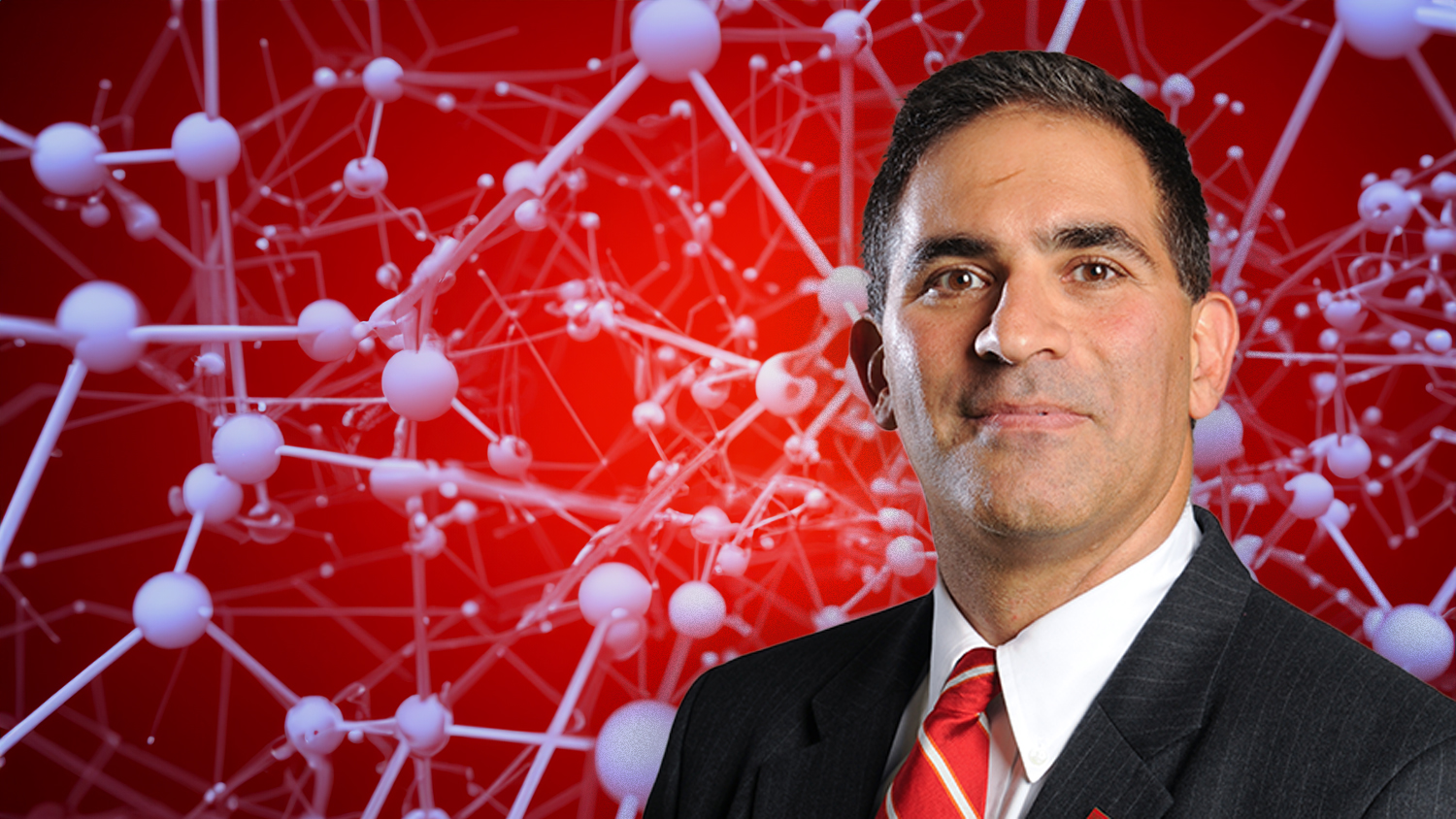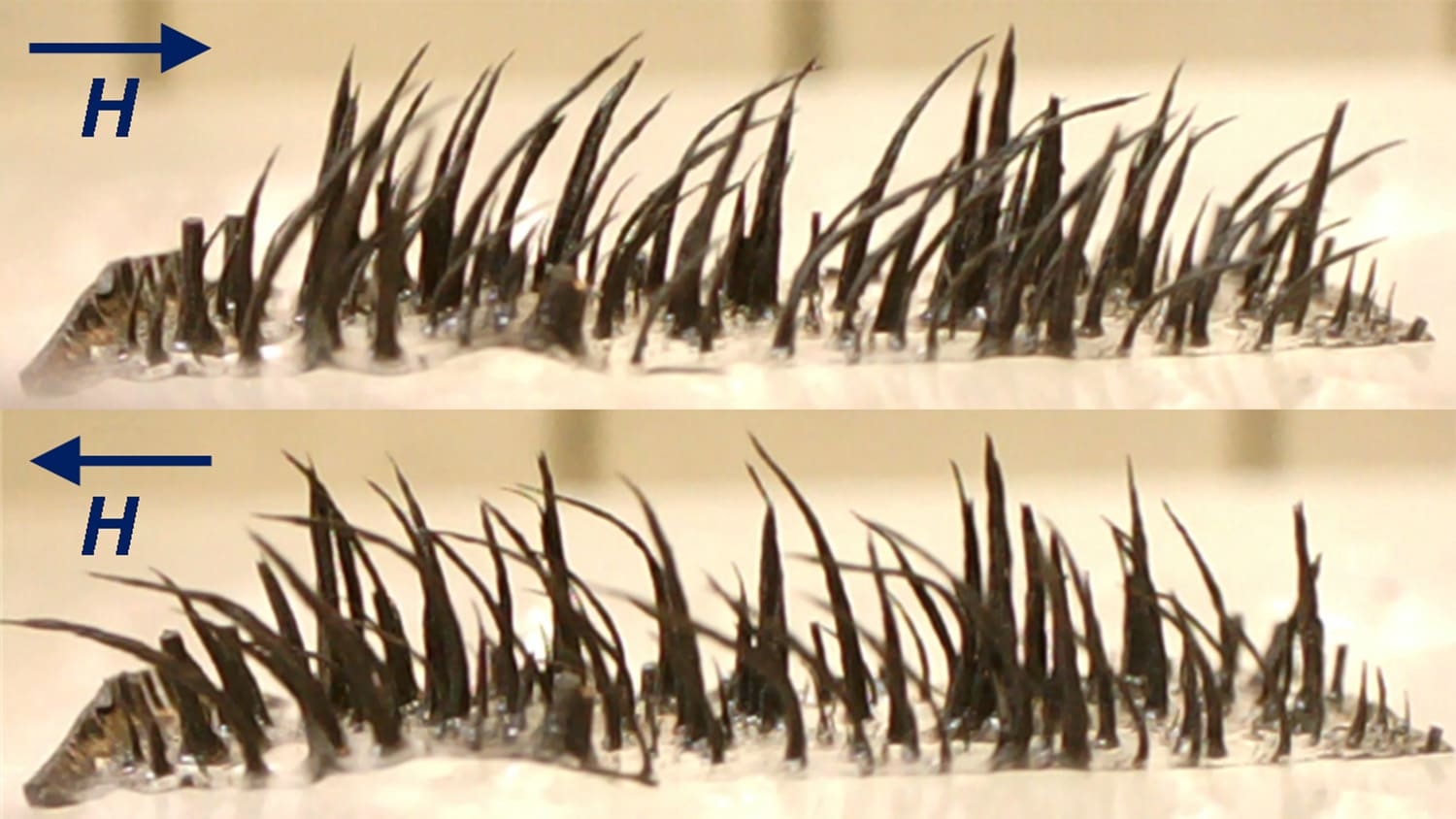Undergraduate research experiences set students up for success


The College of Engineering at NC State is one of the world’s preeminent engineering research institutions, and opportunities abound for undergraduate students to get involved.
For many students, these experiences shape their futures. By helping with a research project, they learn the challenges of conducting real world research, take on broader responsibilities and make a direct impact on solving the Grand Challenges for Engineering.
Nishant Singh, who graduated in May with a degree in industrial engineering from the Edward P. Fitts Department of Industrial and Systems Engineering (ISE) and Maddie Macmillan, who also graduated in May with a degree in environmental engineering from the Department of Civil, Construction, and Environmental Engineering (CCEE), are taking different tracks after graduation, but both credit their undergraduate research experiences with helping them get to where they are today.
“Every single opportunity I’ve had, I can attribute to my research experiences, especially because of the responsibilities I got,” Singh said. “Not only has it popped out to people on paper, but I think it also gave me confidence when I’m talking to people.”
Singh, who is from Raleigh, started research at the College before he was an undergraduate student. After attending an ISE summer camp at NC State before his junior year of high school, he reached out to Dr. Julie Ivy, Fitts Faculty Fellow in ISE, to ask if she had any research opportunities. He began work on a project with a graduate student at the UNC Lineberger Comprehensive Cancer Center, and he wrote a paper on a cost-benefit analysis of radiation oncology at the hospital.
As an NC State student, he continued working with Ivy to investigate how to detect and treat sepsis earlier and on a more individualized level. He later spent a summer at the Mayo Clinic, where he supervised two other undergraduate students on the project.
Singh credits his research experiences with helping him receive the Goodnight Scholarship, which made it possible for him to study abroad in Hong Kong. His travels through Asia made him even more inspired to improve healthcare systems.
“Because of the undergraduate research I did, I got to travel around the world, experience real-world work experiences, and I got to learn from mistakes in a controlled environment,” he said.
He will start as a consultant at Deloitte in September. Singh eventually wants to pursue a master’s degree and start his own consulting firm that specializes in improving healthcare in developing areas.
MACMILLAN INITIALLY thought she would go into consulting too — but now she plans to stay in academia after graduation and will continue energy research in a Ph.D. program in advanced energy systems at the Colorado School of Mines. She began undergraduate research with Dr. Jeremiah Johnson, associate professor in CCEE, during her junior year. But she wishes she had started her first semester.
“It’s been one of the most transformative experiences I’ve had at NC State. I was exposed to something that I am now pursuing after graduation, and that’s really exciting,” she said.
Macmillan worked on a research project focused on demand response, which is an energy policy typically used by utility companies to mitigate peak demand on the energy grid, but she and Johnson investigated it from an environmental perspective. She is first author on a paper under review that they’ve submitted to the journal Environmental Science and Technology.
“Most energy-requiring activities, like air conditioning, water heaters, things like that, have a degree of flexibility to them, meaning they can use the same amount of energy but at different times during the day,” she said. “We wanted to shift those activities to more environmentally friendly times when the energy being used (to power the grid) is cleaner energy.”
Prior to graduate school, Macmillan will intern at the National Energy Renewable Lab in Golden, Colorado. She wants to work in energy policy, helping policymakers make environmentally friendly policy decisions and bridging the gap between the technical and political aspects that go into energy policy.
“Dr. Johnson gave me a lot of responsibility, and I think that might have been intimidating at first, but it really set me up for success in that I have a much clearer understanding of every step of the research process, and I feel prepared to tackle my next research question,” she said.


